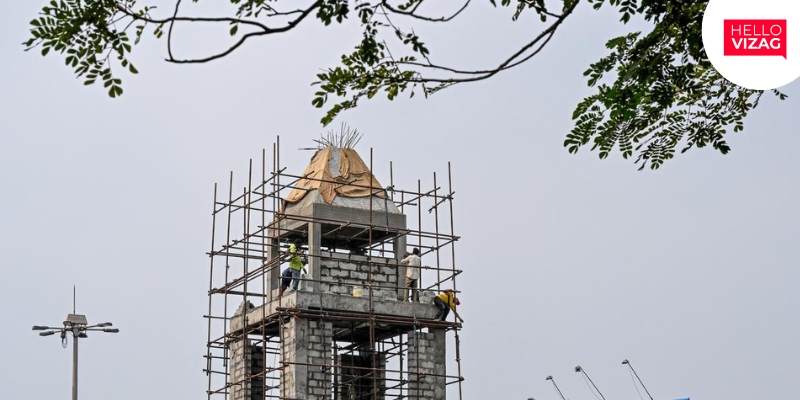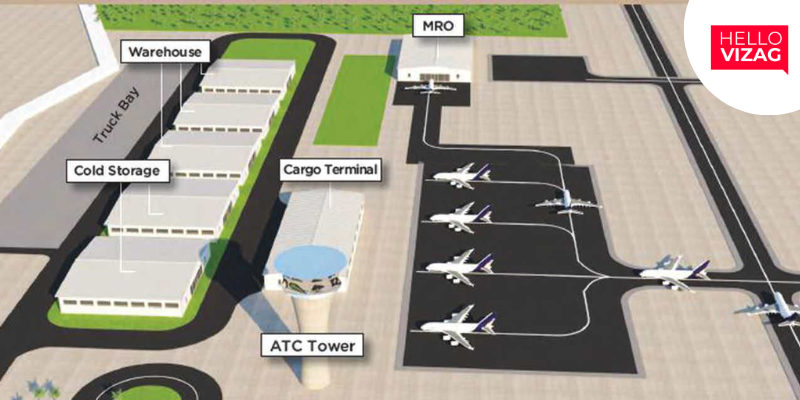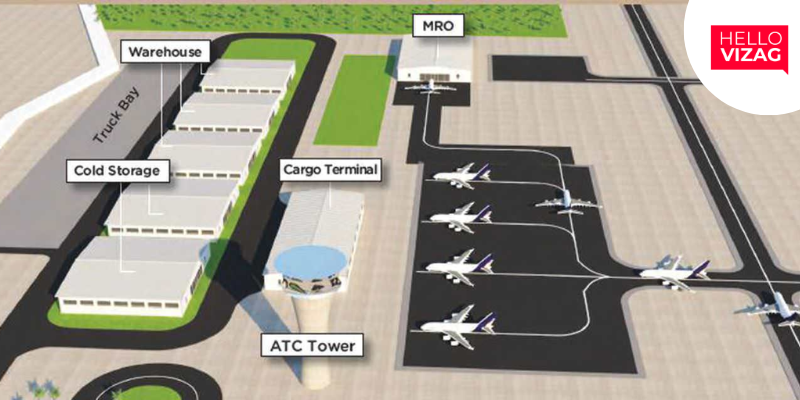Implementation of Citizenship Amendment Act (CAA) Accelerates: Centre Notifies Rules
The Citizenship Amendment Act (CAA) of 2019 has taken a significant step forward as the Centre officially notifies the rules for its implementation.
This move indicates that the CAA will come into effect before the upcoming elections, marking a crucial milestone in its enactment process.
What is Citizenship Amendment Act 2019 ?
The Citizenship Amendment Act, 2019, passed in Parliament on December 11, 2019, brings about amendments to the Citizenship Act of 1955.
The primary objective of the CAA is to provide Indian citizenship to persecuted religious minorities, including Hindus, Sikhs, Buddhists, Jains, Parsis, and Christians, who fled from Pakistan, Bangladesh, and Afghanistan due to religious persecution or fear thereof before December 2014.
Key Provisions of the CAA 2019 Amendment
1. Eligibility for Citizenship: Under the CAA 2019, migrants who entered India by December 31, 2014, and faced religious persecution or the threat thereof in their country of origin are eligible for Indian citizenship.
2. Fast Track Citizenship: These eligible migrants will be granted fast-track Indian citizenship within six years, a significant reduction from the previous residence requirement of 11 years.
3. Relaxation of Residence Requirement: The amendment also relaxes the residence requirement for naturalization, reducing it from 11 years to 5 years for the aforementioned migrants.
This implementation of the Citizenship Amendment Act underscores the government's commitment to providing refuge and assistance to persecuted religious minorities from neighboring countries.
However, the CAA has been a subject of debate and controversy, with opposing viewpoints regarding its implications and effectiveness. Nonetheless, its formal notification represents a significant development in India's citizenship policies and immigration framework.

 Team Hello Vizag
Team Hello Vizag



















